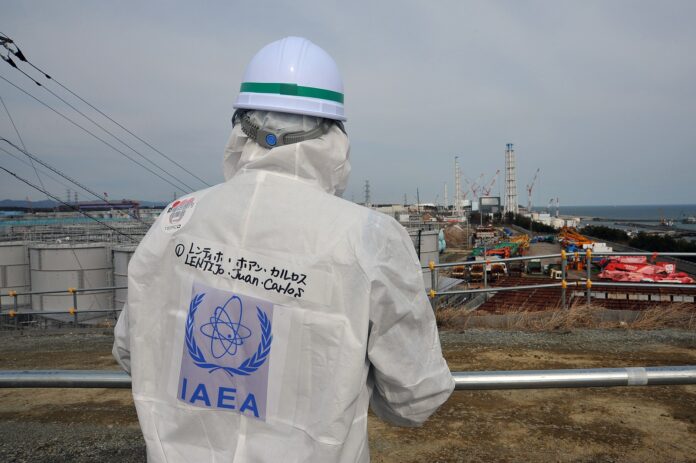Japan’s plan to release nuclear wastewater from the destroyed Fukushima power plant into the Pacific Ocean has been met with vehement international opposition. Despite concerns raised by various stakeholders, the International Atomic Energy Agency (IAEA) has approved the plan, stating that it is consistent with relevant international safety standards and that the discharged water will have a radiological impact on people and the environment. This decision has sparked debates and drawn criticism from scientists, neighboring countries, and local communities.
The IAEA conducted a two-year assessment and concluded that Japan’s plan to release the treated nuclear wastewater into the ocean meets international safety standards. The Director General of IAEA, Rafael Mariano Grossi, has presented the findings to Japanese Prime Minister Mr. Fumio Kishida, assuring that the UN’s nuclear watchdog would closely monitor the discharge process.
The plan to release the water was first presented in 2021 by the Japanese government, the Nuclear Regulation Authority, and Tokyo Electric Power Company (TEPCO), the operators of the Fukushima Daiichi Nuclear Power Station. The water, which was used to cool the fuel rods following the 2011 meltdowns, will be treated before being released over the course of 30-40 years. The Japanese government and TEPCO assert that the process is safe and that the treated wastewater will be diluted in the ocean.
Despite the claims of safety, the plan has faced significant criticism from the scientific community. Many scientists argue that the Japanese government and TEPCO have not provided sufficient evidence to prove that harmful elements will not be released into the ocean. Concerns about the potential impact have been raised on ocean sediment and living organisms, including the potential for DNA damage and mutations. The scientific panel commissioned by the Pacific Islands Forum has identified major gaps in critical information.
Japan’s plan to release the treated radioactive water has drawn criticism domestically and internationally. Neighboring countries like the Philippines, China, and South Korea argue that this is a transboundary issue and express concerns about the potential consequences beyond Japan’s borders. The fear is that the wastewater released by Japan will not remain confined to its immediate vicinity.
The approval from the IAEA has done little to alleviate the concerns of rattled residents in neighboring countries and local fishermen who are still experiencing the aftermath of the 2011 disaster. Skepticism remains regarding the legitimacy and legality of the Fukushima wastewater release, with some casting doubt on the IAEA’s assessment.









